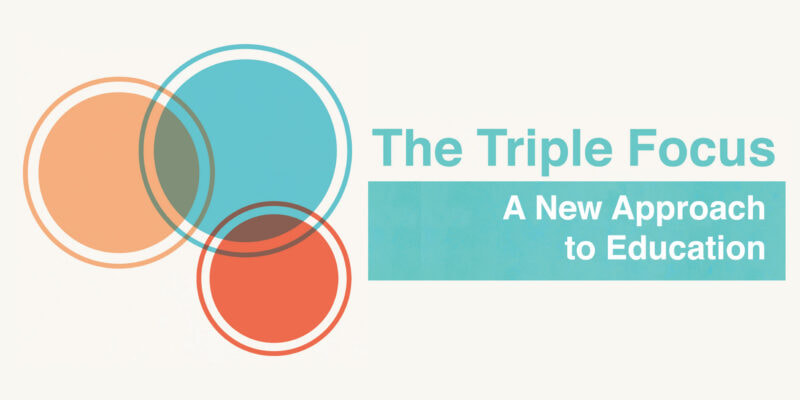If you have read other books by Daniel Goleman, like Focus - The Hidden Driver of Excellence or Working with Emotional Intelligence, you will better understand why we need to train self-awareness, empathy and systems understanding. This booklet explains however in a nutshell, what inner, other and outer focus are and how they can be created. I have not found anything new in Goleman's first three chapters, so I skip them here and concentrate on chapter 4 and 5.
What I miss: the systems understanding in regard to why social & emotional learning (SEL) and systems understanding do not scale proportionally to the effort Goleman and Senge are making since meanwhile 3! decades. They overlook that it takes economic equality in form of fairly paid jobs or a basic income in order to learn these new skills. As long as most of humanity is barely making it or is caught in a competitive rat race, its hard to imaging that such a transformation can ever take place.
---
He has no time to be anything but a machine. How can he remember well his ignorance—which his growth requires—who has so often to use his knowledge? We should feed and clothe him gratuitously sometimes, and recruit him with our cordials, before we judge of him. The finest qualities of our nature, like the bloom on fruits, can be preserved only by the most delicate handling. Yet we do not treat ourselves nor one another thus tenderly.”
[Henry David Thoreau, Walden or Life in the Woods]
---
Peter Senge points at the problems capitalism has bestowed at us, but does not make it a core issue: It is useful to remember that in the factory model we have inherited through the Industrial Age, school was never about tapping and cultivating this innate potential. It was never about growing human beings - it was designed to train factory workers en masse. Though almost everything has changed in the reality for our students since this model was first implemented almost 200 years ago, the basic design of school has only been adjusted incrementally, not fundamentally. We still have fixed grades that most students move through en masse, with rigid curricula guidelines, and expert teachers who are supposed to endorse them.
Things have not changed and during the last 10 years since this booklet has been published, we have seen more wealth accumulation than ever before - accelerated by Covid-19, but caused by a techno-capitalist elite which exploits planet and people in the same way as aristocrats and industrialist did two centuries ago. As long as education remains embedded in the economic systems our social power structures put forward, there is little hope that a full transformation can ever take place.
While I am skeptical of transformation within the field of education only, I found Senge's systemic perspective invigorating. He describes the lack of "practical life" in education and the deprivation of purpose and meaning: "You don't try to teach kids something that has no meaning to them, something that does not connect in any way with their lives. But unfortunately, that's still the modus operandi for 80-90% of school curricula."
Senge is also realistic about what it takes to transform even a single school and gives practical advice: "A simple rule of thumb is the more you're really innovating, the more you're stretching the norm, the more you must involve parents - for two fundamental reasons. One is that parents can either get very threatened or they can become be really engaged. The second is that kids don't live in schools. To be really respectful of the world of the child, you must reach out. Whether or not you realize it, you are not really educating kids, you are educating families."
He continues to describe this lack of practical life in education: "The roots of our problems with implementation run deep, starting with the academic training of educators, who learn theory in college and graduate school, which they are then supposed to implement in practice. But this fragmented view contradicts how we all learn. We did not learn to walk by first listening to lessons, nor did we first take in lectures on gyroscopic motion in order to learn bicycle riding. Our learning unfolded in a continual iteration between thinking and acting. The fragmentation of theory and implementation tends to render implementation a kind of messy stepchild compared to the more elegant work of theory."
Merging theory and implementation, guiding children into real world experiences, where they can practice hands-on skills is not only a method to create engagement, it is also what our labor markets require: "More and more businesses already understand that they need people who can think for themselves, are self-motivated, self-directed learners, and who can work effectively in teams, especially in confronting truly complex problems. They just need to have their faith restored that schools can actually be effective in developing such capacities."
With climate change as Damocles sword hanging over humanity, schools need to deliver. The real challenge is not about becoming smarter or more clever - in particular not in a narrow academic dimension when machine learning composes better papers and is capable of combining different disciplines. The real challenge is in tapping and developing our deeper intelligences of self, other, and system at a time when we really need them.
